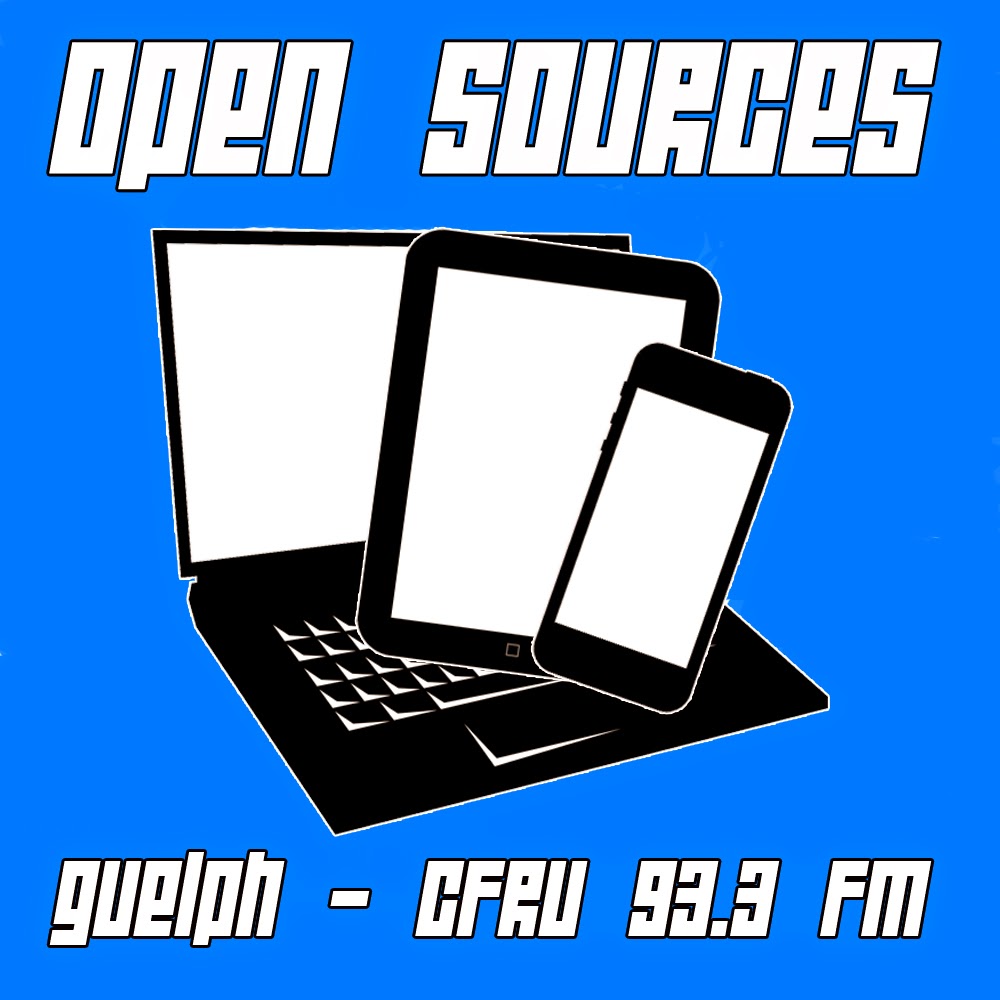After a week of silence on the transit lockout, Guelph City Hall issued two press releases on Friday (take out the trash day). I guess they didn't want the week to close without letting those transit users they've abandoned know that they were being thought of. I guess. The "we'll talk when they talk" brinkmanship of the situation is testing the patience of transit users that depend on the service to get back and forth to their jobs, businesses that depend on workers and/or customers who use transit, and even members of the community who have no skin in the game but are further convinced now that city hall has no idea what it's doing. So what do the powers that be have to say about the situation one week later?
Here are the new statements from Karen Farbridge and Ann Pappert:
Statement from Mayor Karen Farbridge
On behalf of Council, I urge ATU to provide a counter-offer so that we have clarity on what they are seeking. That will allow us to move forward so that we can reach an agreement and get the buses moving again – which is what we all want for our riders, employees and the whole community.
Statement from Chief Administrative Officer Ann Pappert
There is a path forward beyond our current impasse, and we hope to have transit services running for our community soon.
In the interests of our community and our employees, we need to move past the months of unsuccessful negotiations.
To move forward, we need to see a reasonable and affordable counter-offer presented by the ATU Local 1189 executive that clearly represents the objectives of their membership.
The City will seriously consider that offer.
The city also provided this timeline:
Exhaustive negotiation: Months of negotiations through to the end of June including 22 days of bargaining – seven with a conciliator – led to a list of demands from the ATU, which had not yet included a wage and benefit proposal. The union had indicated a wish to reach wage parity with Grand River Transit so we have included those figures in our calculation. The cost of ATU’s demands combined with wage parity with Grand River Transit would be:
First offer: On Wednesday, June 25 the City put an offer on the table with a deadline for union response that was missed. When asked if the union would take it to its members the response was it would take it to the members in two to three weeks with a clear endorsement against the proposal.
- $4.6 million in new dollars over three years
- An additional 2.34% increase to property taxes over three years
- 20 to 30 new unionized drivers to cover requests for vacation days, lieu days, floater days, birthdays off etc.
- No improvement to transit service delivery
Final offer: On Friday, June 27 the City put forward a “final offer” to ensure a ministry-monitored vote in a faster timeframe.
Offer rejected: On July 11 ATU members rejected the vote – 186 voted no and 12 voted yes
Notice of lockout announcement: On July 12, Mayor Karen Farbridge and Chief Administrative Officer Ann Pappert address the media and public to provide two days of notice to the community before suspending Guelph Transit service.
Tentative agreement: At midnight on July 13 the City and union executive agree to a tentative agreement:
Typically, union executives only accept and take agreements to a membership vote if they are confident they will be ratified.
- The union brought 15 items to the table for consideration and consensus was reached on the resolution of the items.
- Agreement to resolve that list included agreement on a binding letter of understanding about key workplace concerns raised by the union that fall outside the collective bargaining agreement (e.g. lunchroom and washroom facilities)
- Signed by ATU executive and City administration
- Ratified on July 14 by Guelph City Council
Tentative agreement rejected: Union executive recommend tentative agreement that is “overwhelmingly” rejected by the union members.
Lockout reinstated: With the City’s original concerns compounded with an increased disconnect between union executive and members and potential instability within the union, the lockout was reinstated.
Why lockout: City makes decision to lockout ATU Local 1189
Lack of clarity: The gap between union executive and members on the tentative agreement has not been explained officially by the union to City officials.
- A consistent pattern of unexplained and lengthy delays leads City officials to believe the union is trying to delay negotiations to September before taking a strike vote. A September strike would create the maximum amount of disruption to the Guelph community (transit ridership moves from 7,000 per day in July to 14,000 per day in September) and apply political pressure in an effort to force capitulation to union demands.
- Typically lockouts take effect immediately to protect the safety of the community, frontline service providers and property.
- Exhaustive negotiations with a union that hadn’t moved on any items on the table; hadn’t offered wage and benefit requests; and, based on comments in the media, hadn’t been clear about its members’ main concerns
- Working without a contract indefinitely creates uncertainty for employees and service users and continual negotiations is a perpetual drain on public funds.
The union president and lead negotiator stated in a Guelph Mercury article on July 24 that: “I don’t believe it’s a mystery,” Cleary said of the issues, “which were outlined in a package presented during negotiations last October. They know what was in that package.”
Which takes us back to where we were at the beginning. ATU Local 1189 requests add up to a 2.34% property tax increase over three years to maintain existing service levels for on City department. To put that number in perspective, the 2014 tax increase from the City’s entire operating budget including fire, emergency services, public works, transit, parks and recreation etc., etc. was 2.38% total.
Union instability: The union’s negotiating team changed on June 18 with a slim vote margin and a second union executive vote is expected at the end of July. Another change in the negotiating team could mean new priorities, a new approach and, most certainly, more delays.
Counter offer: The City has demonstrated its willingness to make adjustments within the Council-approved negotiation mandate as well as its interest in addressing workplace concerns through the binding letter of understanding in the tentative agreement. A reasonable and affordable counter offer would be seriously considered by the City
And just like that, we wash our hands of the affair, says the people responsible for locking out the workers in the first place. A couple of things:
1) First of all, if the union demands have been so unclear or inconsistent, why does city hall have a dollar amount attached to these supposedly unclear or inconsistent demands? Either something's a mystery or it's not, you can't have it both ways. And in the media, it's seemed that the union has been very clear: the issue isn't money, it's working conditions. Granted that will cost money, but it seems all that the city has brought to the table is raises in the presumption that union negotiators will give up on the little things.
2) If the union negotiating team is constantly shifting, then that is a little off the deep end. I appreciate democracy and making sure everyone gets their say, taking turns at being in charge and all that jazz, but it's also hard to work towards consensus if one side of the table is always switching places. If I may add, the union's own strict adherence to the confidentiality of the collective bargaining process is also a hindrance. The people are paying for this, the people are being affected, we should know why and for how much.
3) Interesting that the city should be slapping the wrists for the union for insisting for more in exchange for the same level of service when they've been asking for the same thing from transit users for 10 years. Remember when the bus cost $1.85? So do I, and other than a few more bus routes, it feels like Guelph Transit is the exact same service now as it was 10 years ago, and about in the same place in terms of priority for council, which is the bottom. But hey, that's not city hall's fault, and neither is this.


















No comments:
Post a Comment